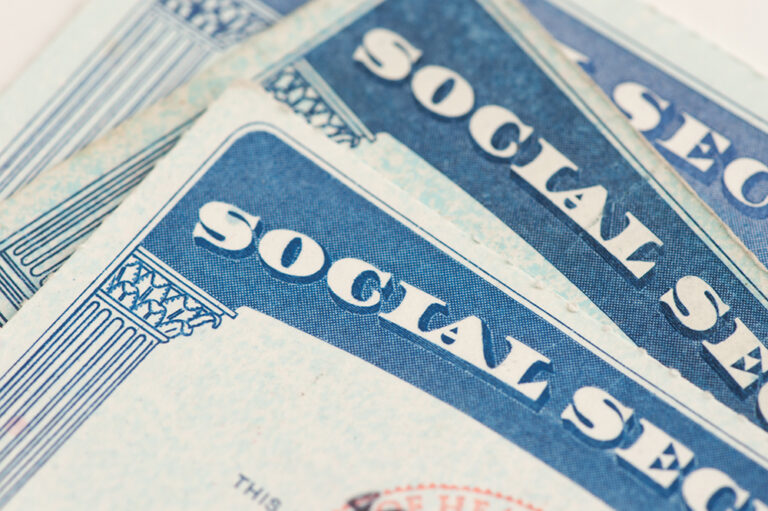The House recently passed the One Big Beautiful Bill Act, and fiscal scorekeepers are unanimous in their assessment that it would increase federal debt by trillions of dollars within 10 years. In fact, four independent policy organizations — the Budget Lab at Yale, the Congressional Budget Office, the Tax Foundation, and the Penn Wharton Budget Model — estimate that the bill would send the national debt soaring to more than $50 trillion.
The groups find that by 2034 the debt would reach:
· $52.3 trillion according to the Budget Lab at Yale
· $52.4 trillion according to the Congressional Budget Office
· $52.8 trillion according to the Tax Foundation
· $56.3 trillion according to the Penn Wharton Budget Model
Rising debt not only worsens the federal government’s fiscal situation but also has real impacts on all Americans. A larger national debt will reduce the size of the U.S. economy, reduce the number of U.S. jobs, and decrease the wages of working Americans.
The expert consensus is clear that the One Big Beautiful Bill Act will add trillions to America’s debt, making our already unsustainable outlook even worse. As the legislation is considered in the Senate, lawmakers still have the opportunity to consider fiscally responsible tax reforms and spending cuts that will set the United States on a better fiscal path.
Photo by Kayla Bartkowski/Getty Images
Further Reading
Should We Eliminate the Social Security Tax Cap?
There have been a number of proposals to increase, eliminate, or otherwise adjust the payroll tax cap as a way to shore up Social Security’s finances.
No Taxes on Tips Will Drive Deficits Higher
Here’s how this new, temporary deduction will affect federal revenues, budget deficits, and tax equity.
Three Reasons Why Assuming Sustained 3% Growth is a Budget Gimmick
GDP growth of 3 percent is significantly higher than independent, nonpartisan estimates and historically difficult to achieve.


